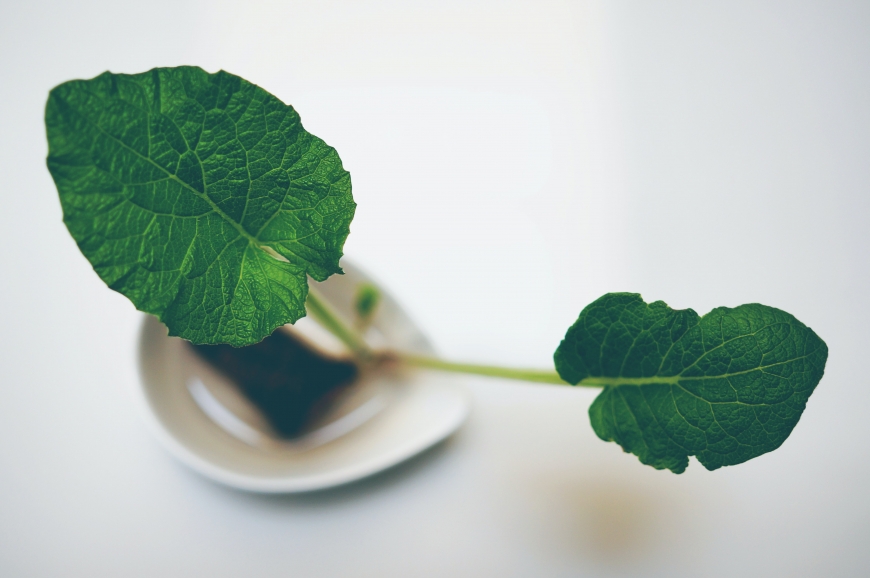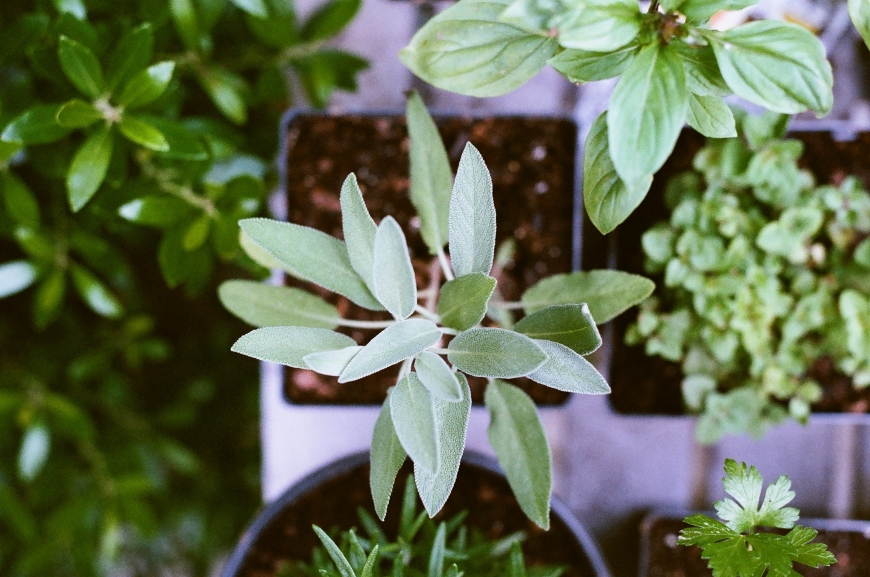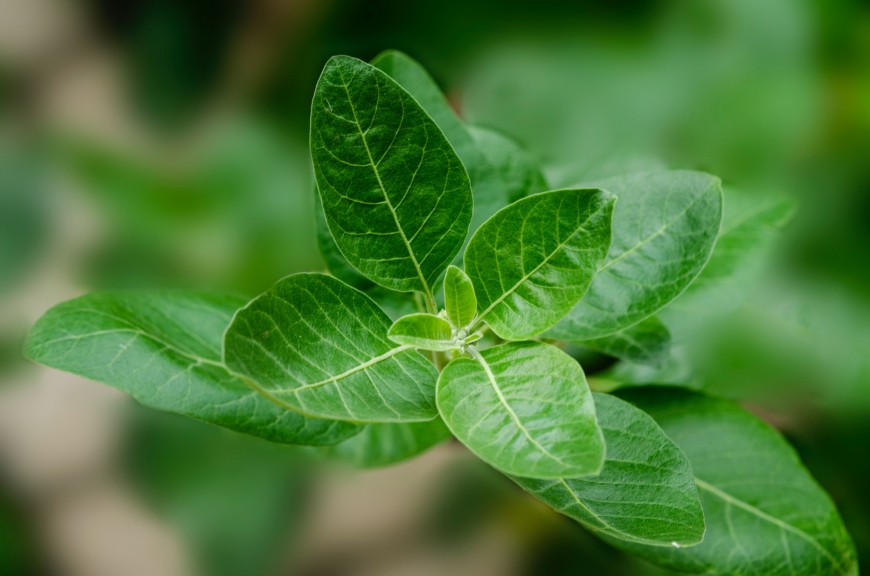Five Rejuvenating Uses of the Ashoka Herb

Ayurveda suggests a wide range of natural herbs and flowers for good health. The Ashoka herb, for instance, is one of them. Also going by the latin name Sara Indica or Ayurvedic term Asogam, it regulates hormones and functioning across bodily systems. Further, people globally know this herb for its beautiful foliage and fragrant flowers. These grow on a small and erect evergreen tree with clusters of deep green leaves.
This herb contains multiple compounds which revitalise your body. For example, it holds sterol, tannins, silica and aluminium stratum, in its naturally occurring forms. Above all, it contains micronutrients such as magnesium, iron and calcium. These are vital for healthy teeth, skin, and bones. So, stop taking supplements and opt for natural herbs like Ashoka – this will help you avoid side effects as well.
In brief, there are a number of healthcare facets that use the Ashoka herb. First, the bark of the plant is an important ingredients in cosmetics. This helps to improve skincare complexion. Secondly, it eases scanty and difficult urination, and thirdly, acts as an antidote to scorpion bites. You may boil the bark and drink its water regularly too, to avail such benefits.
Dried Ashoka flowers contain their own benefits as well. For instance, they treat diabetes, diarrhoea, asthma, and kidney stones. However, its benefits go beyond these categories. Read on to uncover some of these in detail.
Menstrual Relief
Don’t menstrual aches and cramps simply wear you down? You won’t need painkillers or antidotes any longer. Ashoka is one of the few herbs that eases painful periods (dysmenorrhea) as well as heavy menstrual bleeding (menorrhagia). It also creates a cooling effect on the reproductive and endocrine systems.
Dysmenorrhea (or Kashtaartava in Ayurveda) is the cramping effect before or during your periods. According to Ayurveda, your vata dosha controls the menstrual cycle and needs to be in balance. The Ashoka herb is an invaluable medicine for the same. It controls vata aggravation, and thus brings down abdominal aches and cramps. Similarly, it can cure heavy menstrual bleeding (known as menorrhagia or Raktaprabhar in Ayurveda) by controlling Pitta aggravation.
Click here to know more about the 3 doshas and 20 tattvas.
Ashoka Kwatha is a simple at-home home remedy for both these conditions. First, boil the Ashoka tree bark in water until the latter volume reduces by one-fourth. Next, strain the residue into an airtight container once it is cool. Drink 8-10 teaspoons of this concoction, preferably after lunch or dinner. You can store this for a maximum of one week.
Menopausal Relief
Ashoka contains certain power-packed compounds which are essential to your menstrual cycle. The presence of quercetin, beta-sitosterol and phytoestrogen, for instance, allow healthy hormonal functioning. Moreover, the ‘herbal intelligence’ of the Ashoka bark can balance artificially elevated oestrogen levels. Likewise, it balances out similar hormonal secretions during the menopausal transition.
It is impossible to separate your state of mind from the body’s hormonal activity. For instance, hot flushes, mood swings, infertility and weight gain are just some of the instances of hormonal imbalance. Go for such natural herbs and medicines to soothe these symptoms. Further, make sure to adhere to healthy lifestyle practices to smoothen out this transition all the more.
Infertility
Having trouble conceiving? Ayurvedic doctors suggest that you add Ashoka to your diet. This helps to treat infertility and endometriosis without the side-effects of conventional medicine. Similarly, healers of remote India use this herb to treat an array of reproductive disorders.
The Ashoka herb is cold and astringent in nature. Both these properties are essential to uterus health. First, enables easy uterus contractions which stop bleeding. Further, it stimulates the inner uterus lining. Thus, be sure to include the herb in your diet for optimal reproductive health.
Cure for Piles
Piles (or Arsh in Ayurveda) is the result of an unhealthy and sedentary lifestyle. This can aggravate all three of your doshas – the vata, pitta, and kapha. Above all, vata aggravation can lower your digestive fire or Agni, thus causing bowel irritation and constipation. Further, it causes pile mass or the swelling of veins near the rectal area. Apart from poor digestive health, piles lowers your overall quality of life.
Thankfully, you can prepare a simple medicine with the Ashoka herb to prevent or cure piles. Simply mix honey or water to half a teaspoon of Ashoka powder. Make sure to have this after your meals for best results. This relieves pile mass swelling by balancing out the vata dosha. Therefore, it lowers the burning sensation and discomfort. Most importantly, it carries a sita (cooling) property which soothes the entire digestive system.
Read more about Ayurvedic approach to digestion and food here.
Wound and Joint Healing
Cuts, wounds, aches and pains are common to our everyday lives. We typically opt for over-the counter antiseptic medicines and creams without thinking twice. However, naturally occurring herbs can just as effective. They come without the side effects as well. Ashoka, for instance, contains ropan (healing) properties which reduce inflammation and swelling.
First, the Ashoka herb can reduce pain and swelling in the case of wounds. It further restores original skin texture over time. You can prepare this through an easy overnight remedy. Simply submerge the bark in water overnight. Next, prepare a paste of the submerged bark and honey, and apply it to the affected area.
Similarly, this herb can heal joint pain as well. Ayurveda views joints and bones as sites of vata dosha in the body, and thus, any vata dosha imbalance causes joint pain. To cure this issue, first crush the Ashoka bark in water to form a paste. Then, apply it over affected areas as an ointment for a soothing effect.
Take a look at other Ayurvedic Remedies for Knee Pain here.
Takeaways
The Ashoka is a rare herb which contains hidden compounds that revitalise your body. In this manner, it cures piles, wound and joint healing, and reproductive ailments. Most of its benefits are present in the bark and flowers of the plant. Thus, you can use these components to make simple medicines to use instantly at home.
Check out our medicine for joint pain, JointsBlend, available exclusively at Mekosha.








